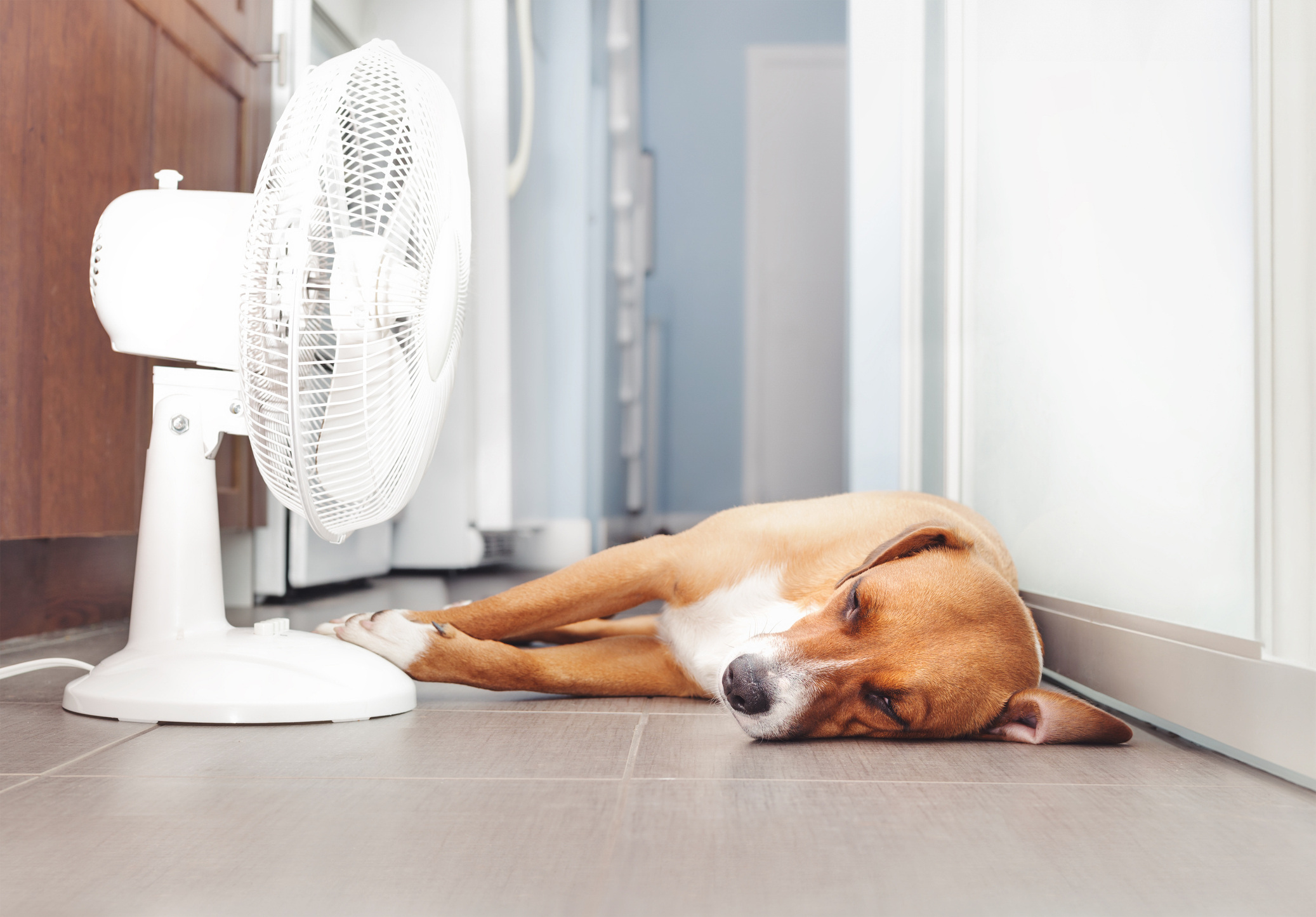Maintaining a comfortable temperature at home without compromising energy efficiency is a challenge for many households. With rising energy costs and increasing environmental concerns, striking a balance between comfort and sustainability is more important than ever. Energy efficiency in air conditioning not only reduces the environmental impact, but can also generate significant savings on your energy bills.
From the strategic use of natural ventilation to the implementation of technologies such as free cooling and home automation, this article offers practical and effective strategies to optimise the performance of your HVAC system, reduce energy consumption and keep your home at the ideal temperature all year round.
1. Ventilate
Natural Ventilation: The Power of the Breeze
One of the simplest and most effective ways to improve energy efficiency in air conditioning is through natural ventilation. Knowing when and how to ventilate your home can significantly reduce the need to turn on air conditioning.
- In winter, open the windows around midday, when the outdoor air is warmer. This allows the air to be renewed without losing as much heat.
- In summer, ventilate your home in the evening or early morning, when temperatures are cooler. In this way, you cool the house naturally, reducing dependence on air conditioning during the day.
Another aspect to consider when it comes to ventilation is that air infiltration in your home can negatively affect the energy efficiency of the air conditioner. Check joints and openings, and seal any leaks to keep heat or coolness where it belongs.
Free cooling ventilation systems
Free cooling is a technique that uses outdoor air to cool the inside of your home when the outside temperature is favourable. Free cooling ventilation units are an excellent option for those looking to improve the energy efficiency of air conditioning, as they allow you to reduce the use of air conditioning by taking advantage of fresh outdoor air.

Diagram of Free cooling operation. Source: Airzone
2. Use sun protection
Sun protection, such as curtains, blinds or awnings, is essential to maintain an adequate temperature in the home and reduce air conditioning consumption.
- In winter, open blinds or curtains during the coldest hours to get more radiant heat.
- In summer, do the same during the hours of highest solar radiation, especially on east- and west-facing windows, to avoid overheating and reduce the need for space cooling.
3. Optimise the use of air conditioning
Moderate setpoints
Setting moderate temperatures in your HVAC system is essential to avoid overworking the systems. Some indicative setpoint values you can consider are 20°C in winter and 25°C in summer.
Pre-emptive start-ups and home automation
Pre-emptively switching on air conditioning before spaces are occupied can improve their energy efficiency. This allows the system to work more steadily and without the need for abrupt temperature adjustments.
Home automation is also a great ally in improving the energy efficiency of air conditioning. Smart systems can automatically turn off the air conditioning when windows are opened, avoiding unnecessary consumption.

4. Maintain and zone for greater savings
Good maintenance of your air conditioner is essential to ensure its energy efficiency. Regular cleaning of the filters and periodic checks ensure that the system works optimally, avoiding excessive consumption.
In addition, the zoning of spaces is an effective technique. If possible, close the doors of rooms you are not using to reduce the volume of air that needs to be conditioned. This way, you concentrate the effort of the system on the areas you really need to condition.
5. Other equipment that affects your energy tariff consumption
Thermostatic water heaters
If you also have a water heater, set its temperature to 60 °C. This setting optimises energy use, ensuring an adequate hot water supply without consuming more than necessary.
Standby Power Consumption
It's essential to avoid standby power consumption by unplugging or switching off equipment when not in use. Many appliances continue to consume energy in standby mode, unnecessarily increasing your bill.
In conclusion, optimising the energy efficiency of your air conditioner is not only essential to reduce the environmental impact, but can also generate significant savings on your energy bills. By applying strategies such as natural ventilation, the use of technologies such as free cooling and home automation, and maintaining good control and maintenance of your system, you can enjoy a comfortable and sustainable home all year round.


